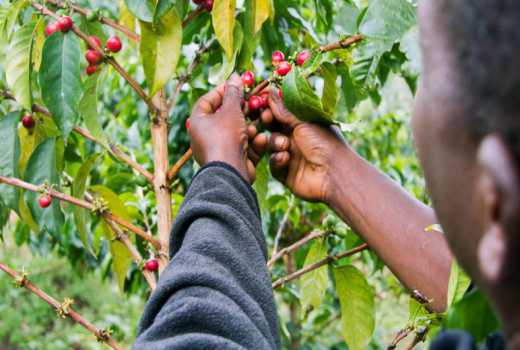×
The Standard e-Paper
Fearless, Trusted News

Uproar has greeted the publication of new coffee rules that critics argue create a bureaucracy that increases operational costs and eat into earnings.
Some farmers, millers and marketers, have resisted the Coffee Regulations 2018, arguing it was an attempt by the national government to monopolise marketing of the once lucrative crop that is the mainstay of a large section of Mt Kenya region.